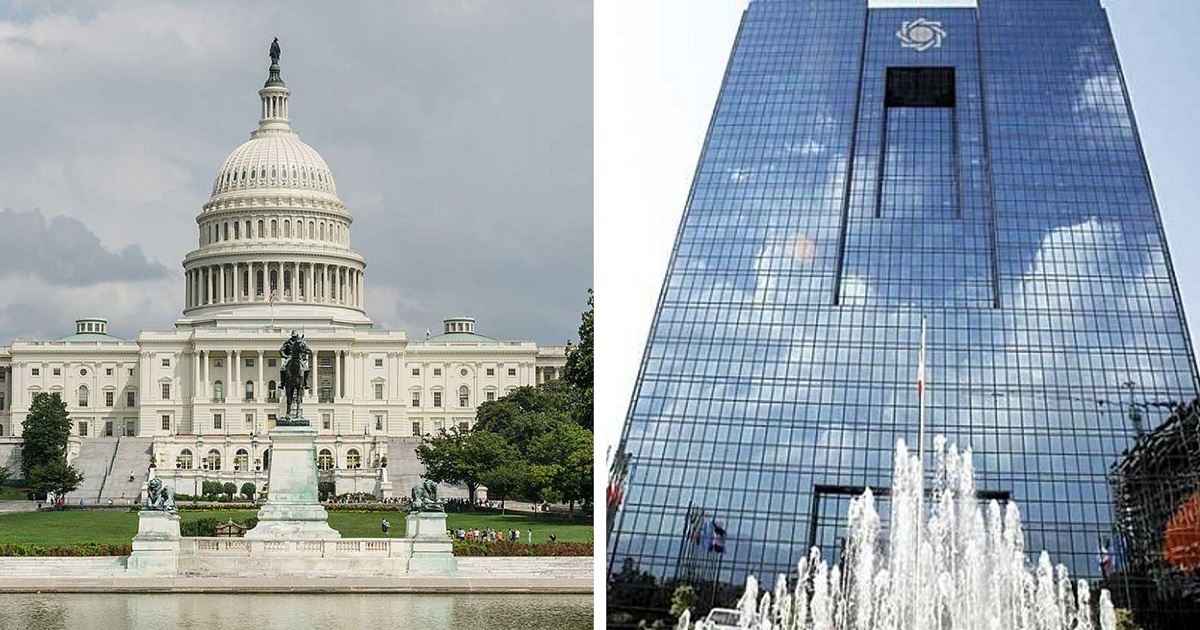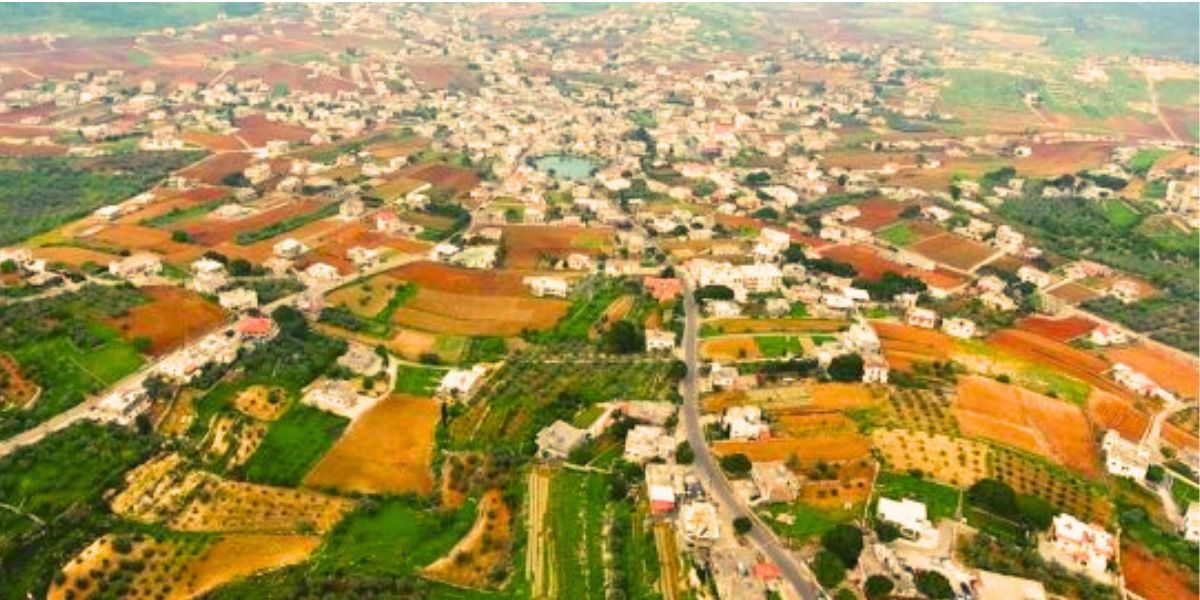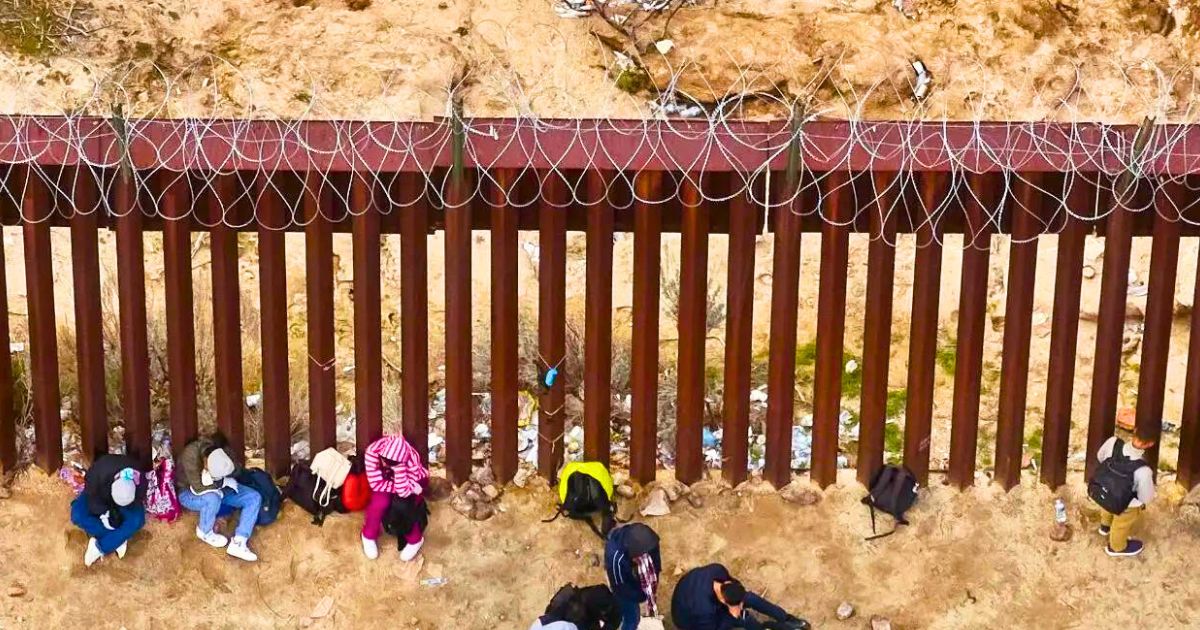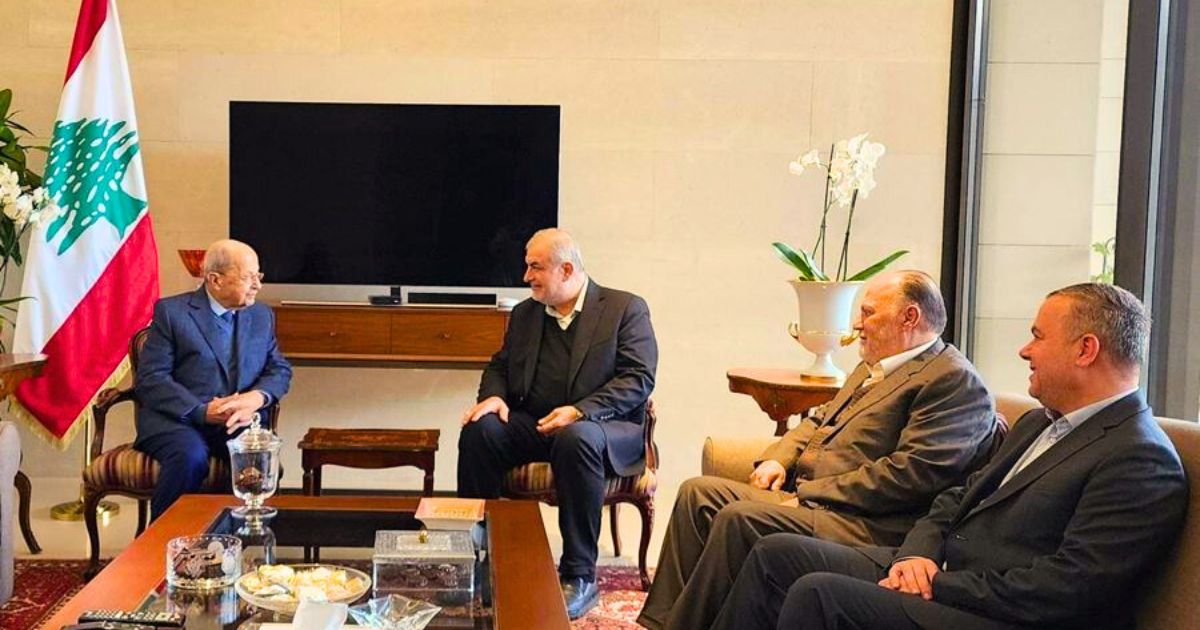The US Department of Treasury announced in a press statement on October 8th the sanctioning of 18 major Iranian banks by the Office of Foreign Assets Control (OFAC), as follows:
- 16 banks for operating in Iran’s financial sector,
- 1 bank for being owned or controlled by a sanctioned Iranian bank,
- 1 military-affiliated bank designated under the US Treasury’s counter-proliferation of weapons of mass destruction (WMD).
“Today’s action to identify the financial sector and sanction eighteen major Iranian banks reflects our commitment to stop illicit access to U.S. dollars,” said Secretary of U.S. Treasury Steven T. Mnuchin.
“Our sanctions programs will continue until Iran stops its support of terrorist activities and ends its nuclear programs,” he said, stressing that this action “will continue to allow for humanitarian transactions to support the Iranian people.”
The imposed sanctions on key sectors of Iran’s economy are intended to deny its government “financial resources that may be used to fund and support its nuclear program, missile development, terrorism, and terrorist proxy networks, and malign regional influence,” the statement said.
The State Treasury’s general license to block the Iranian financial institutions excludes transactions related to medical and food supplies for Iran.
The sanctioned banks are:
- Amin Investment Bank,
- Bank Keshavarzi Iran,
- Bank Maskan,
- Bank Refah Kargaran,
- Bank-e Shahr,
- Eghtesad Novin Bank,
- Gharzolhasaneh Resalat Bank,
- Hekmat Iranian Bank,
- Iran Zamin Bank,
- Karafarin Bank, Khavarmianeh Bank (also known as Middle East Bank),
- Mehr Iran Credit Union Bank,
- Pasargad Bank,
- Saman Bank,
- Sarmayeh Bank,
- Tosee Taavon Bank (also known as Cooperative Development Bank),
- Tourism Bank
- Islamic Regional Cooperation Bank, was sanctioned for being owned or controlled by Eghtesad Novin Bank.
- Hekmat Iranian Bank, which has merged in May with Bank Sepah. The latter is accused of serving as “a financial platform for Iran’s Ministry of Defense and Armed Forces Logistics (MODAFL) to pay its agents abroad.”
It is to note that the Central Bank of Iran (CBI), which regulates and supervises the now-sanctioned banks, has been previously designated as well by the US Treasury for providing support to the Islamic Revolutionary Guards Corps (IRGC), its Qods Force, and Hezbollah.
“These sanctions will take effect following a 45-day wind-down period,” stated Secretary of State Mike Pompeo, stressing that the US will continue with its maximum economic pressure “until Iran is willing to conclude a comprehensive negotiation that addresses the regime’s malign behavior.”
He accused the Iranian regime of disregarding the plea of Iran’s Health Ministry for resources to protect the Iranian people from the COVID-19 outbreak, increasing instead the funding for the IRGC and doubling the “funding for the Basij forces that terrorize the Iranian people every single day.”
“Our sanctions are directed at the regime and its corrupt officials that have used the wealth of the Iranian people to fuel a radical, revolutionary cause that has brought untold suffering across the Middle East and beyond,” he stated.
“The United States continues to stand with the Iranian people, the longest-suffering victims of the regime’s predations.”
The implications:
All the sanctioned banks’ properties and assets in the U.S. will be blocked. U.S. Citizens or residents are prohibited to deal with these banks and/or their properties and designated persons.
Secondary sanctions will be imposed on financial institutions and other persons that engage in transactions or activities with these sanctioned entities after the 45-day wind-down period.
Non-U.S. persons could be also affected by sanctions after the 45-day wind-down period if they engage in non-humanitarian transactions with these entities.
The statement stresses that this action targets the Iranian regime and is not directed at the people of Iran: “The U.S. government recognizes and understands the necessity for both commercial humanitarian exports and humanitarian transactions to access Iran’s banking system, and this action does not interfere with that ability.”
















